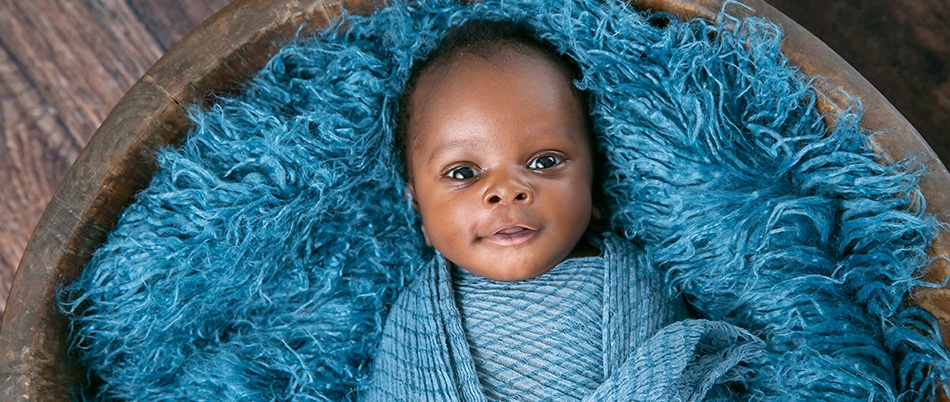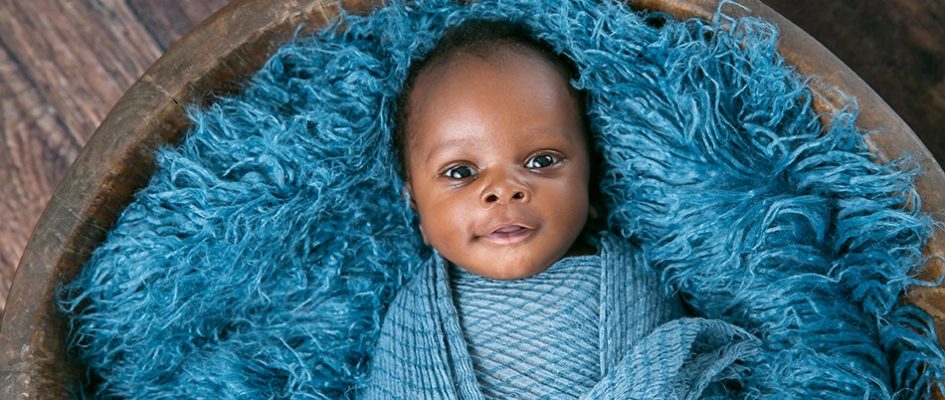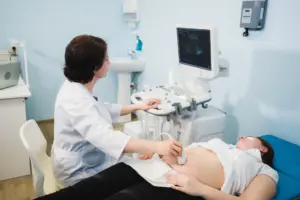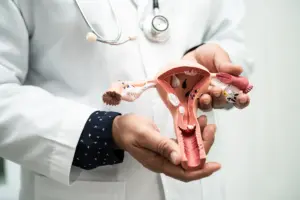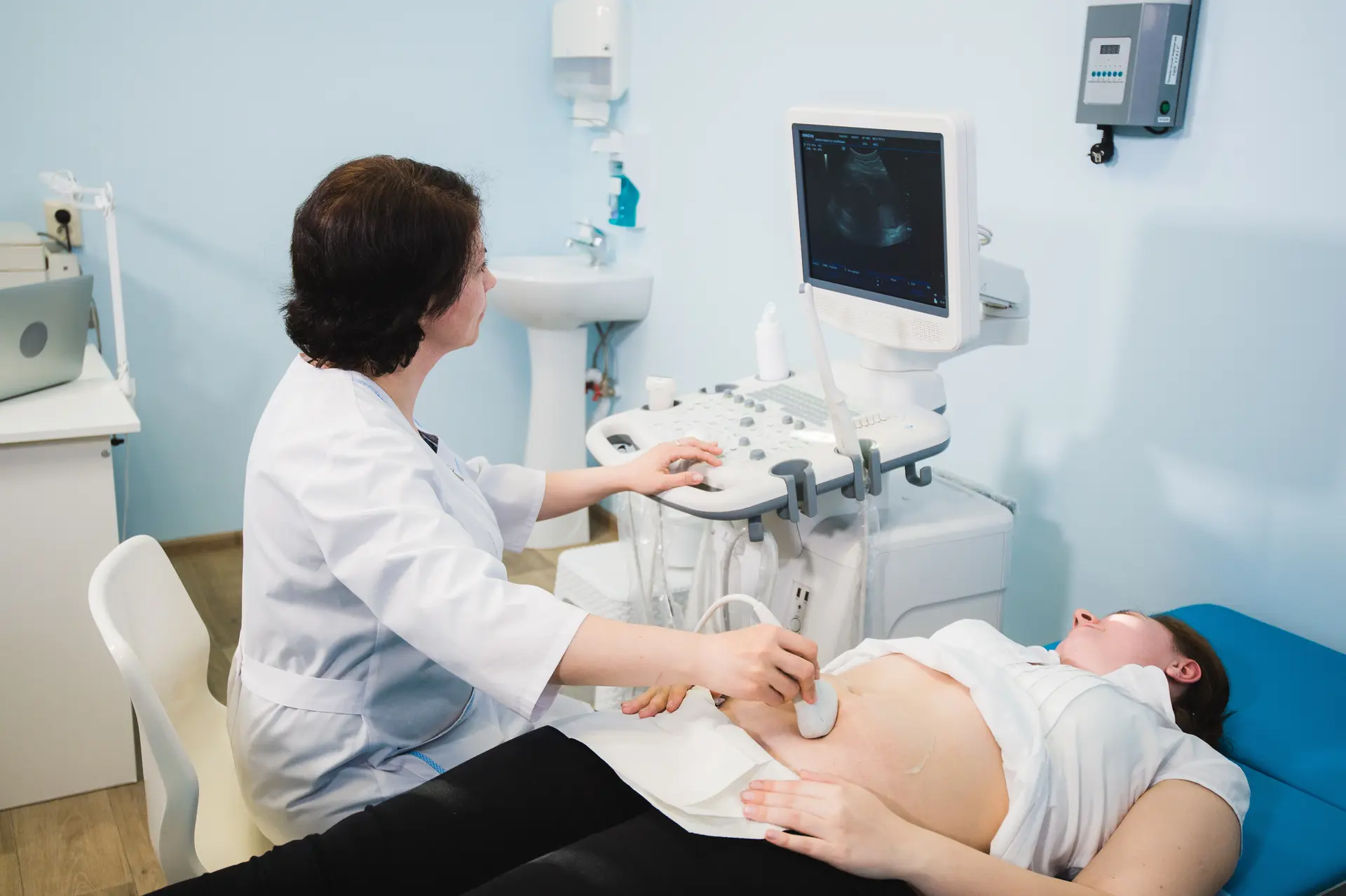A Journey Through our Neo-Natal Intensive Care Unit
“A person’s a person, no matter how small” – Dr Seuss
By Dr T Naidoo
Prematurity is defined as an infant who is born before the 38 weeks of completed gestational age. This accounts for as many as 1 in 7 babies born in South Africa, 80% of whom may be born between 32 and 37 completed weeks. Theses infants may also have a low birth weight, which in medical terms is defined as less than 2500g. Micro-prematurity or extremely low birth weight is less than 1000g.
However, despite being premature and though it may be hard to imagine, many of these tiny babies do come into this world with a lusty cry and are perfectly, if not fully, developed to survive. They will have varying degrees of challenges, especially with the functioning of their organs, but with the coordinated efforts of maternity and neonatal intensive care teams, many of the premature babies are expertly taken care of and will eventually leave hospital as NICU (Neo-natal Intensive Care Unit) graduates with minimal problems.
It is crucial for the attending obstetrician and paediatrician to communicate and plan for the delivery of a premature baby as they need to work together quickly and calmly to ensure a safe and supported birth. In many cases, due to either high-risk pregnancy states such as pre-eclampsia or emergencies like placentae abruptio, premature babies will surprise parents with their unexpected arrivals leaving them anxious as they start having to navigate the frenetic world of an NICU.
You can read more about the importance of early pregnancy detection here:
As a specialist paediatrician with a penchant for working with our premmies, I also have the unique perspective of having seen the NICU from both sides, as both a mom of a 34 week little boy and an attending doctor. Whilst not only dealing with physical and hormonal changes of delivery, a new mom now also needs to come to terms with the realities of her premature baby’s health challenges and an admission to NICU.
As a new parent these are just a few of the challenges that a family will experience in NICU:
- Physical appearance – Depending on the gestational age, premature babies are not the picture of a typical robust and cuddly baby that you may have pictured. They are smaller and their skin is redder and thinner. An abundance of fine body hair (lanugo) is also present.
- Environment – The NICU is a cacophony of beeping, buzzing and suctioning noises. A premature infant’s temporary home is in an incubator, which is used to stabilise and monitor the baby. The tubes and catheters attached to the incubator may look alarming but they are being used to provide vital information regarding the baby’s clinical status.
- Routines and protocols – NICU doctors and nurses work within some rigid guidelines to ensure the safety and wellbeing of the babies in the unit. So, there is usually a barrage of rules given to new parents on admission which can be quite overwhelming.
- Lack of bonding – Most prems are whisked into the NICU to be stabilised, and so the initial skin to skin bonding which takes place between mom and baby post-delivery is missed. Also, depending on the level of intervention or support that must be provided to the infant, parental visitation is initially very limited.
For the last 8 years I have worked as a resident specialist paediatrician at Lenmed Ethekwini Hospital and Heart Centre. I am proud and humbled to be a member of a driven team that is committed to always being advocates of our premmies. In our jobs, we have seen babies as little as 640g graduate from our unit.
Our aim in NICU is to decrease the stress and anxiety of families passing through our unit, and to care for the premature babies by doing the following:
- Identifying high-risk infants from as early on as possible and monitoring them.
- Communicating with the parents and educating them to decrease their feelings of anxiety and stress.
- Updating the parents at all times and including them in the decision-making process.
- Providing parents with ready access to the paediatric sub-specialists such as cardiology, neurology, ophthalmology, etc.
- Integrated and holistic screenings of the infants with the various teams such as audiology.
- Introducing and supporting exclusive breastfeeding and Kangaroo Mother Care to the mom and baby which encourages better bonding, growth and development.
- Providing psychosocial support to the parents during the baby’s admission and rooming in of mothers (when necessary).
- Helping guide and advise the parents with regards to the birth and medical aid registration or motivation.
- Providing regular follow-ups and monitoring of the growth and neurodevelopment of the baby during the NICU stay and after discharge.
As we approach World Prematurity Day on the 17 November 2021, we pay tribute to all the tireless efforts of our staff in caring for premature babies. To the families of premature babies, we also salute you for the strength and fortitude that must be shown when you journey through an NICU.
It is our success stories and being witness to “miracles” that continue to give us hope, and we never forget the little angels who, despite all our efforts, did not return to their families because they were born too soon.
The lenmed Group is a world-class chain of Private Hospitals that brings quality healthcare to communities across Southern Africa.
For more information, please contact
Dr T Naidoo, Specialist Paediatrician
(MBCHB) (UKZN) DCH, FCP PAEDS (SA)
Ethekwini Hospital and Heart Centre
Tel: +27 (0) 31 581 2567
Email: [email protected]
Disclaimer: Any information contained here is merely a guideline. Always visit your healthcare practitioner for any health-related advice or diagnosis.




